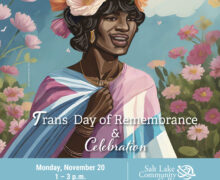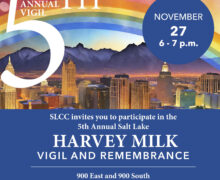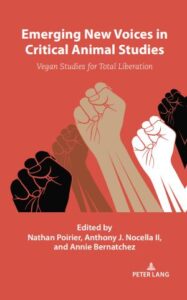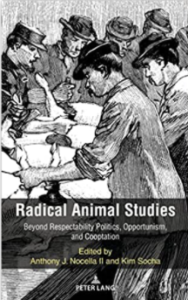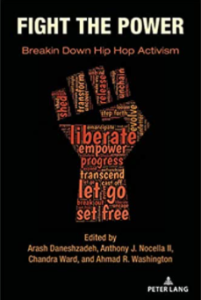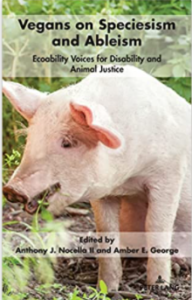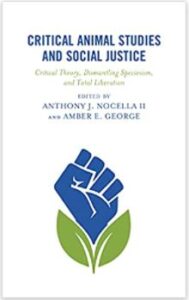Lauren O’Laughlin
(Un)Sexing the Animal: Thinking Critically About Intersex Fish Panics
By, Lauren O’Laughlin, Doctoral Student in the Department of Gender, Women and Sexuality Studies at the University of Washington
Abstract
In the wake of endocrine disruptor scares and the discovery of “mutant” intersex fish in various bodies of water around the U.S., queer and feminist scholars have raised concerns that these stories render intersex, trans*, and genderqueer bodies monstrous in order to sensationalize issues that are, at the core, about environmental destruction (Di Chiro 2010; Kier 2010; Ah-King and Hayward 2013). Many scientists fear that these “feminized” fish jeopardize future populations with their non-normative genital and hormone makeup, a theoretical move that overlooks the existing array of hermaphroditic and intersex fish, many of whom are also capable of reproducing (Roughgarden 2004). In the frenzy of these toxicity panics, many environmentalists ignore the lives of intersex fish and humans born before the advent of endocrine disruptors, rendering these bodies pathological and denying them a past.
This paper questions environmental advocates’ call for better enforcement of the U.S. Clean Water Act as a solution to these panics when, in fact, endocrine disruption may require a far more complex response. For instance, studies on the Chesapeake Bay have shown that manure runoff from concentrated animal agriculture is a major contributor to marine life developing non-normative sexual morphologies (Blazer 2014). Using the Clean Water Act to demand that large animal agriculture companies dispose of animal waste more sustainably may require a more radical examination of how animal agriculture can even be sustainable in the first place. All the while, endocrine disruption discourses need to attend to the real lives and livelihoods of non-normatively sexed (and gendered!) persons. How might intersex persons and sea life have unique medical needs and how might we make efforts to address them? In other words, how might we shift our focus from pathologizing and sensationalizing queer bodies to fostering systems of care? At its core, this paper asserts that unless we apply a simultaneous critique of capitalism, animal commodification, and critical gender studies, we will never be able to ethically embrace our precarious interdependency with non-human animals and the hormone-filled waters in which we swim together.
Bio
Lauren O’Laughlin is a doctoral student in the Department of Gender, Women and Sexuality Studies at the University of Washington (UW) working at the intersection of trans* studies, critical animal studies, queer theory and ecofeminist thought. Lauren is a member of the UW Critical Animal Studies Working Group and the UW Postcolonial Animal Research Cluster.


